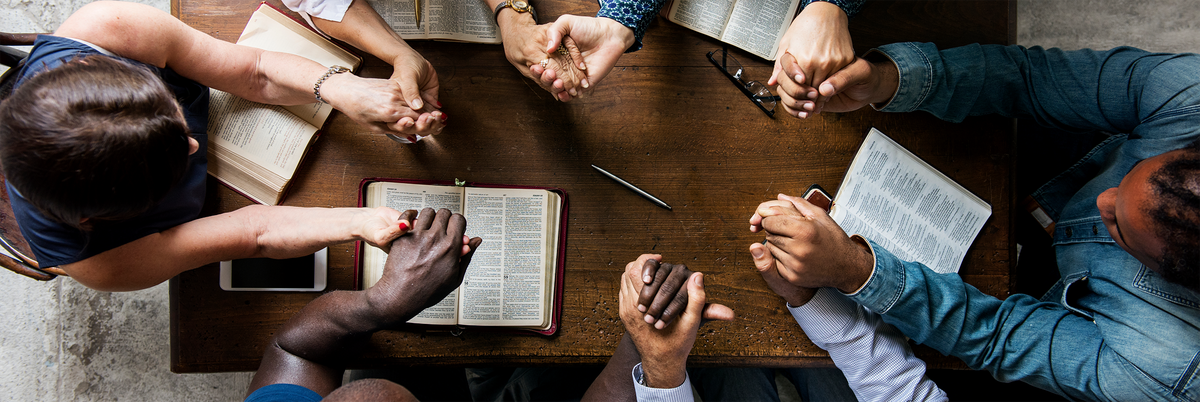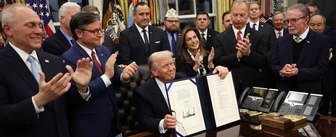More than four in ten Americans in the latest Economist/YouGov Poll say they usually attend Easter or Passover services or family gatherings. But most of them won’t be attending this year. Just 10 percent of usual attendees say they will be going to services this year.
This isn’t a function of having a state stay at home order – those who have a stay at home order are as likely as those who don’t to say they will attend a service. There is a regional difference: church attendance this Sunday will be higher in the South, a region in which several states waited to implement a stay at home requirement.
Religious importance and church attendance matter when it comes to celebrating Easter. Those who attend services more than once a week are the most likely to say they will attend Easter (and Passover) services this year. Just 15 percent of born-again Christians will attend.
But even among these groups, there isn’t a lot of support overall for instituting a “religious exemption” from stay-at-home orders. Most, even the most observant and religious, oppose this exception during the coronavirus pandemic. Just 12 percent overall say religious services should be exempted from stay-at home-orders. More than ten states exempt religious services as “essential” activities in their stay at home orders, though some states require maintaining social distancing or have a lower attendance.
Party identification may be as important as religious intensity. Republicans are three times as likely as Democrats to support a religious exemption. Believing there should be a religious exception is especially high among those planning to attend services this year: as many of them support an exemption as don’t. See the toplines and crosstabs from this week’s Economist/YouGov Poll
Related: Despite social distancing, some Americans will still attend church on Easter Sunday
Image: Getty












